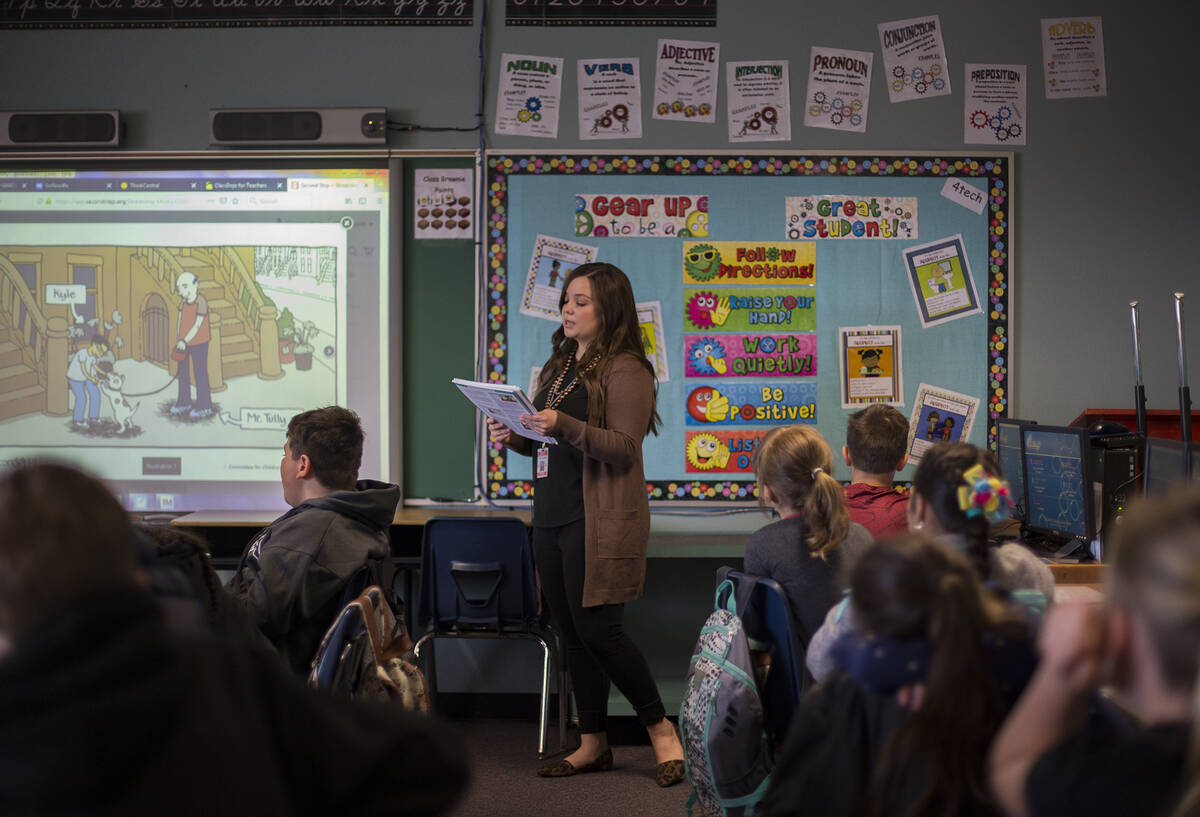EDITORIAL: New education fad leaves children depressed
There are many reasons to be depressed about public education in America. But the craze that has swept through public schools is actually increasing depression among students.
You may have heard about social and emotional learning. It’s the major trend in public education and has gained steam over the past decade. It’s intention is to help students “acquire and apply the knowledge, skills and attitudes to develop healthy identities, manage emotions and achieve personal and collective goals, feel and show empathy for others, establish and maintain supportive relationships, and make responsible and caring decisions,” according to the Collaborative for Academic, Social and Emotional Learning.
That’s a murky scramble of buzzwords and catchphrases that only an academic could love. Such pseudo-sophisticates are well-represented among the education establishment. In intelligible terms, SEL aims to make students better people, which, in theory, will improve academic outcomes.
These goals are certainly noble and well-intentioned. But would it be impolite to point out that perhaps America’s public schools shouldn’t be piling more trendy instruction on the plate when many are already failing to adequately get students up to speed in reading, writing and arithmetic?
One obvious problem is that many of the terms in SEL are subjective. There is an objectively correct answer to 47 + 58. Helping students develop “healthy identities” is subjective. That’s why areas such as this have traditionally been the primary responsibility of parents.
Unsurprisingly, the research shows SEL is disastrous for students. As psychologist and USC professor Darby Saxbe wrote in The New York Times recently, the journal Behavior Research and Therapy published a study of more than 1,000 students in Australia. One set of students participated in a traditional health class. The other was in a SEL program called WISE Teens. In the standard class, one in 13 students appeared clinically depressed. In the WISE group, it was one in eight. A study of 8,000 British teenagers had similar findings.
“By focusing teenagers’ attention on mental health issues, these interventions may have unwittingly exacerbated their problems,” Mr. Saxbe wrote. It’s counterproductive to tell a teenager that normal anxiety is actually a symptom of mental illness. Another possible explanation, he suggested, is that school is a poor place to teach “contemplative skills like mindfulness.”
Outside of government, those who fail at their primary task are given fewer responsibilities, not more. Schools should return their focus to helping students read and do math, not chasing the trendiest education fad.




























